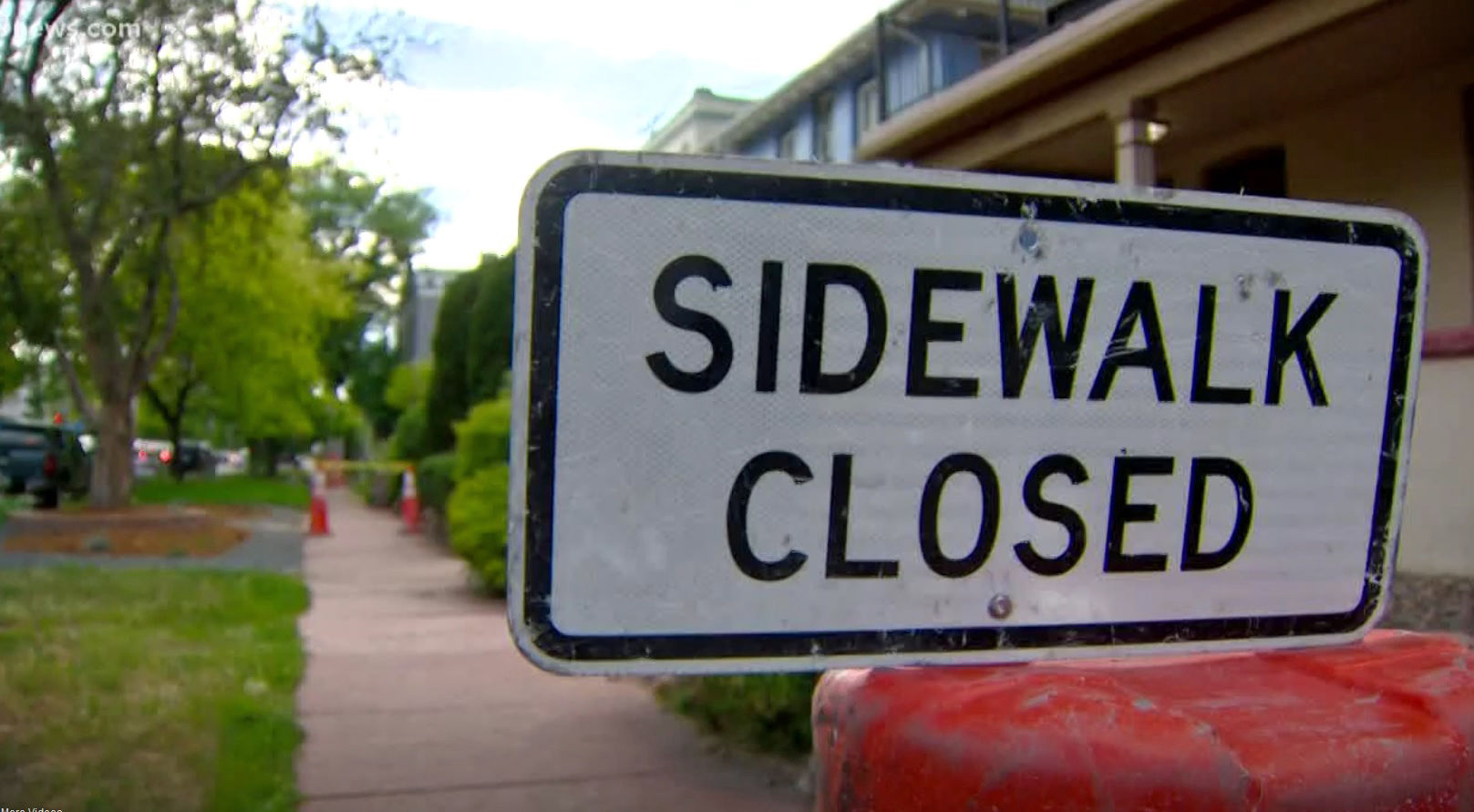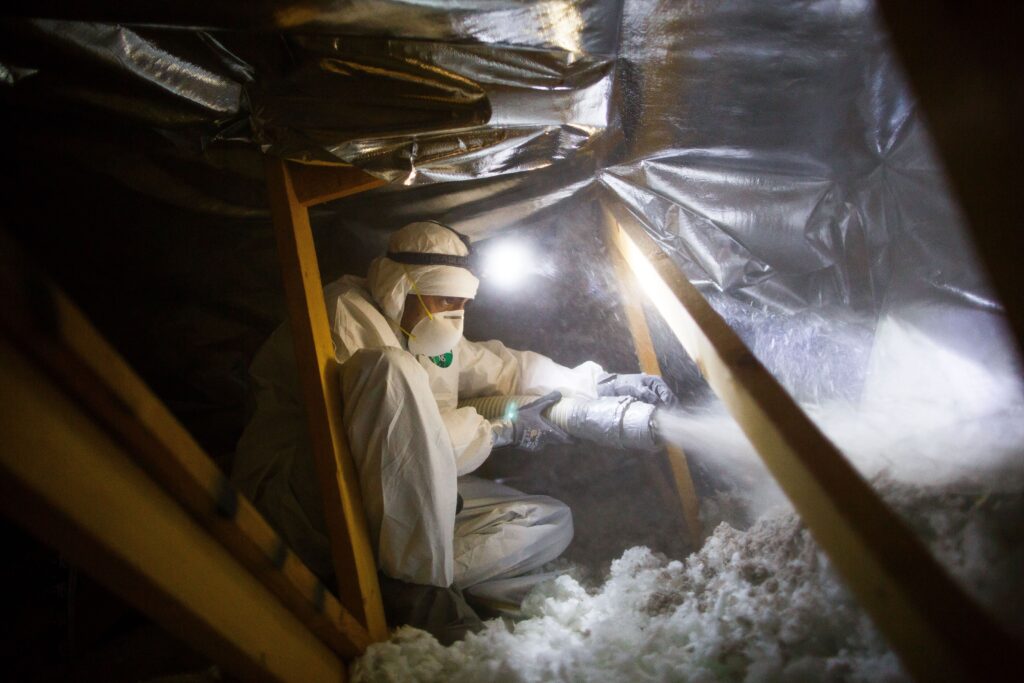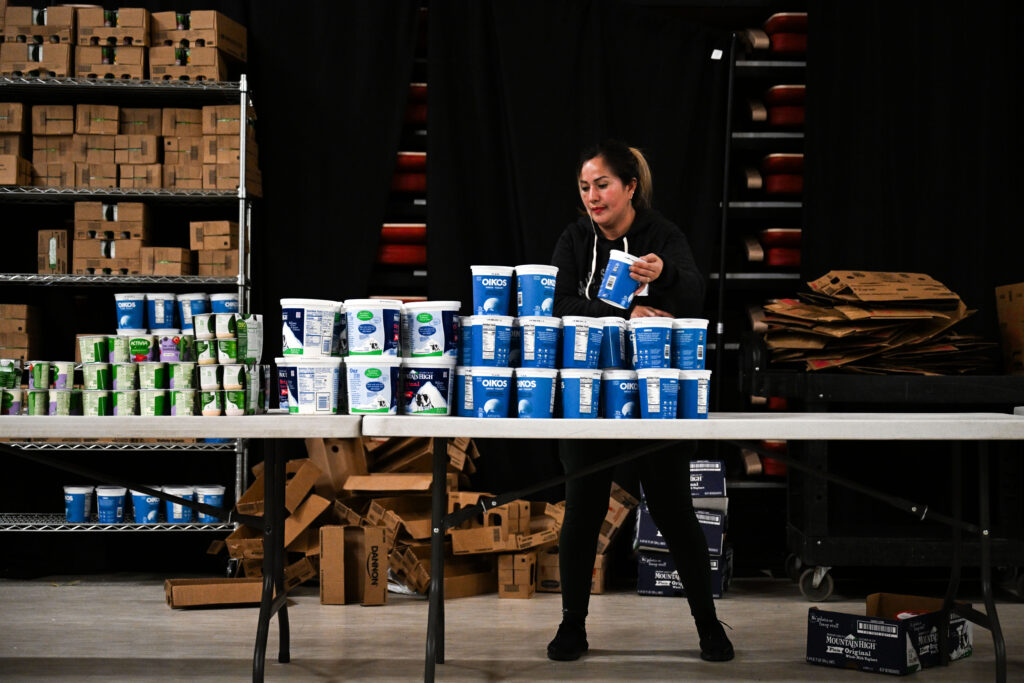Trip-and-fall injury in Boulder to merit Supreme Court review

Colorado’s Supreme Court justices have agreed that an uneven sidewalk in Boulder merits a closer examination.
The Court will take up a case involving a woman injured after she tripped and fell on a concrete sidewalk in the city, reviewing a lower court’s decision that the sidewalk was not hazardous enough to void the protection to Boulder provided by governmental immunity.
Joy Maphis testified that she tripped on April 8, 2017, due to a misalignment that she could not see, laying on the ground for approximately 20 minutes until someone came to her aid. Boulder’s transportation department did not receive any reports through its complaint-driven repair program about that section of concrete. However, city workers knew about the displacement – a 2½-inch deviation – since March.
Under Boulder’s sidewalk repair program manual, the defect qualified as a hazard because it exceeded three-quarters of an inch. Maphis had her accident shortly before the completion of the repair.
The Colorado Governmental Immunity Act generally shields public employees and entities from liability, with some exceptions. Its purpose is to ensure the continuity of public services funded by taxpayers, which could be affected by lawsuits seeking monetary damages.
Sidewalks that exhibit a “dangerous condition” are one of the circumstances in which governmental immunity does not apply. The law defines dangerous conditions as situations that present an “unreasonable risk” to safety that the governmental entity knows about and contributed to, either through action or lack of action.
A Boulder County District Court judge determined the dangerous condition exception applied, and Maphis could sue the city for liability.
In June 2020, a three-member panel of the Court of Appeals reviewed the judge’s decision anew. By a 2-1 vote, the panel reversed the ruling out of Boulder County, with Judge Matthew D. Grove writing that the majority was “not convinced that the risk exceeded the bounds of reason.”
He acknowledged the sidewalk gap was “substantial” and difficult to see, but testimony from the city “tended to show that uneven sidewalks are commonplace in Boulder.” As such, Grove continued, a “tripping hazard of the type at issue here should have been neither an unexpected nor unusual danger to ordinary pedestrians.” The opinion did not elaborate on the meaning of “ordinary” pedestrians.
Judge David J. Richman disagreed, finding nothing within the governmental immunity law that excused a government’s failure to fix a problem simply because the problem was widespread.
“If anything, a municipality that fails to maintain its public ways on a widespread basis should be held liable, not excused from liability,” Richman explained.
The members of the appellate panel differed on whether it was justifiable for a city to prioritize repairs, with Richman arguing that governments should still be liable for “low priority” defects, while Grove countered that cities might respond by eliminating prioritization entirely – effectively cutting off their knowledge of the problem so as not to be liable.
Randall J. Paulsen, an attorney for Maphis, said that his client will never recover from one of her injuries: her shattered right elbow.
“The decision on whether or not a condition is reasonably dangerous is the trial court’s,” he said. “If there is a reasonable basis for the trial court to have made its decision, it has to stand.”
The case is Maphis v. Boulder.














